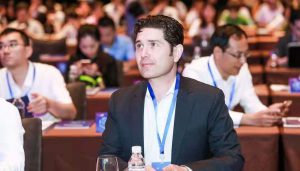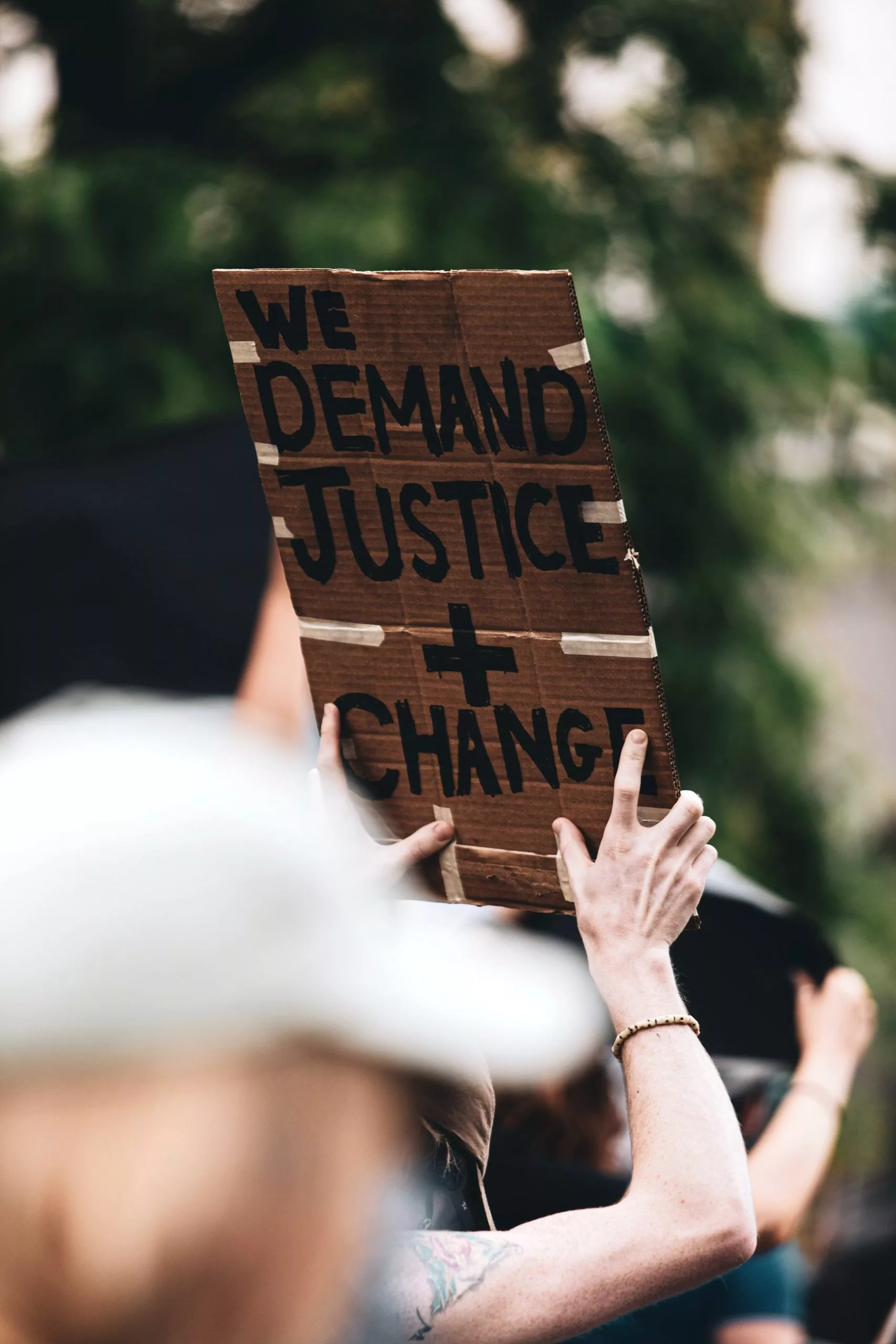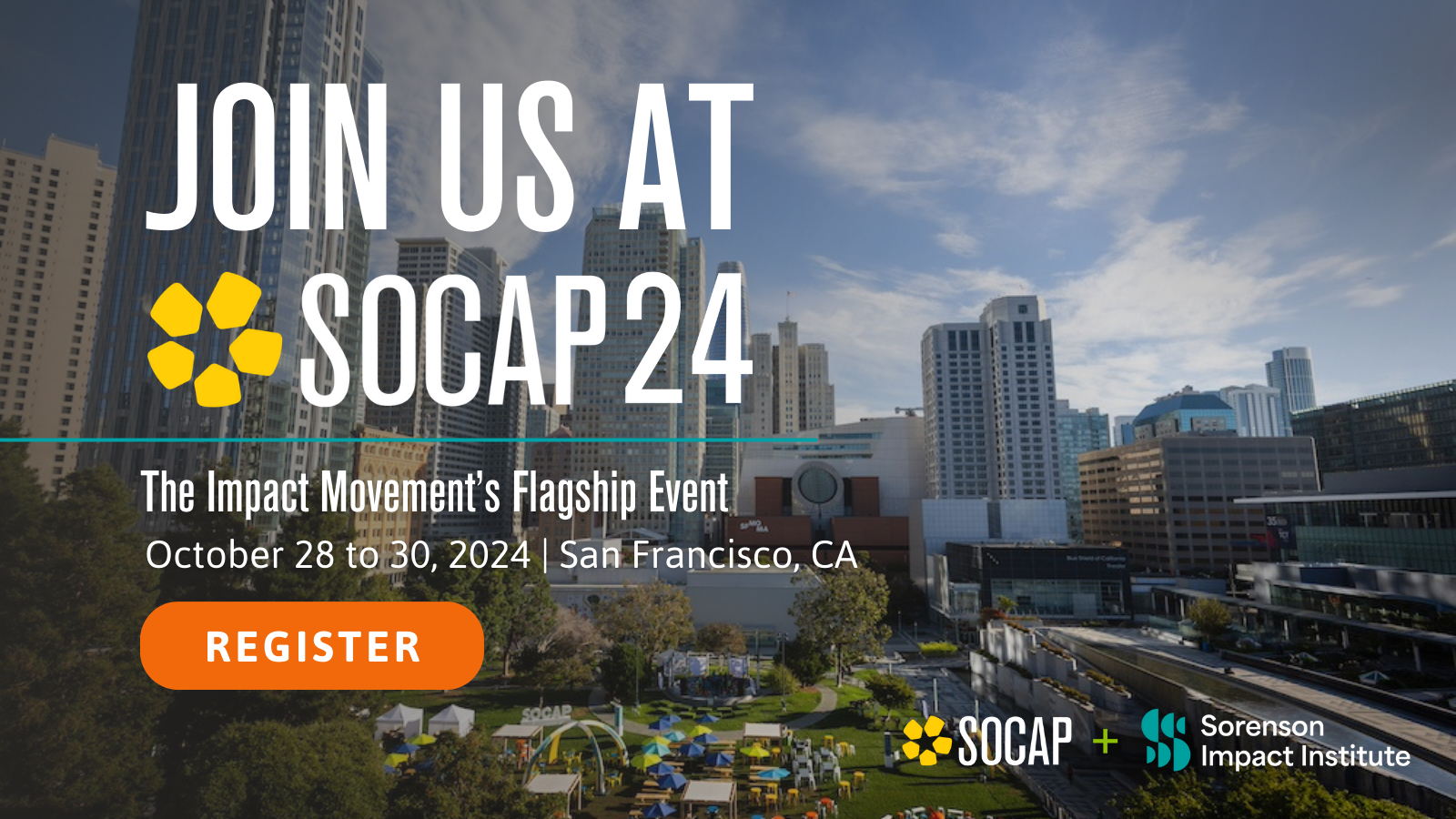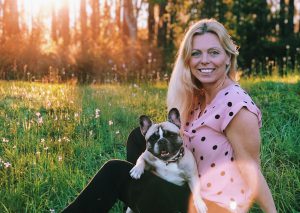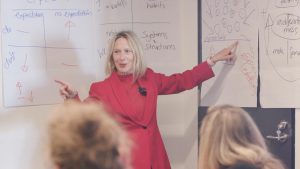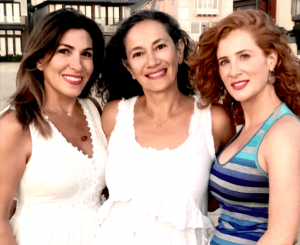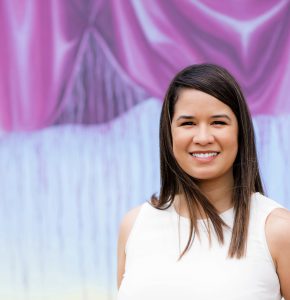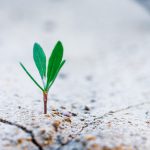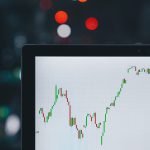“What’s the world for if you can’t make it up the way you want it?”
Toni Morrison, Jazz
I saw a meme on Facebook this week that said, “Every month in 2020, it feels like an Oompa Loompa from Charlie and the Chocolate Factory should be coming out and singing a song about what we were supposed to learn that month.” So far we have learned:
- the current White House will literally lie about anything – including the weather
- a white man accused of behaving inappropriately towards womxn is still believed to be more electable to the highest office in the land than an incredibly smart womxn who has won every election she’s ever ran in,
- climate change is, in fact, disastrous and will have negative economic effects for just about everyone,
- those effects will be worse for people of color, low-income people, and womxn due to existing structures of economic, racial, and gender inequity
- body cams and diversity training aren’t enough to get the police to stop killing unarmed Black men
- using images of womxn of color on your website while treating your employees horribly is no longer going to cut it as a leader
Wow. That’s a lot. Anybody else wondering what July is going to bring?
I’m hoping we are also learning one very important lesson: it’s all connected.
We have to stop putting things into boxes.
Gone are the days of Feminism being only about equal pay and reproductive rights, Sustainability being only about the planet, Racial Equity being only about racism, and LGBTQIA+ equality being only about homophobia. The truth is, keeping these issues separate has hurt us. The other side (aka patriarchy) is winning because they are united – against all of these things – and many times against their own interests.
It’s also true that we have to attack these problems on multiple fronts: We need laws and systems that provide better protections and opportunities. We need businesses of every size to do better instead of just saying they are going to. And, we need a massive culture shift in humanity. How do we do that?
Climate change has a long history of racism. There is so much data to support this that Vice is running an entire series, The Tipping Point, on the urgency of climate change and almost every piece is discussing the racial disparities in our current climate crisis. Let me repeat that. Due to the current urgency of our climate crisis, Vice, created a collection of articles from the past few years that they deemed the most important pieces on climate change. Almost every article is about racial inequities or mentions how race plays into the climate situation.
Going back to the beginning, in some respects, the so-called founding fathers of environmentalism, think Thoreau, Hamilton, Franklin, and others, “ranged from garden variety racists to eugenists”, says Julian Brave in the piece, The Environmental Movement Needs to Reckon with Its Racist History, written last September in the pre-COVID-19 days. He goes on to say that “John Muir, a co-founder of the Sierra Club wrote about the indolence of Black Sambos and described the Miwok, the indigenous people of Yosemite, as dirty and altogether hideous.”
What we can’t seem to agree on, is which, if any, of these social issues, holds the greatest urgency. Jonathan Logan, one of XR America’s founders tells Vice, “If we don’t solve climate change, Black lives don’t matter. If we don’t solve climate change now, LGBTQ don’t matter. If we don’t solve climate change right now, all of us together in one big group, the #MeToo movement doesn’t matter… I can’t say it hard enough. We don’t have time to argue about social justice.”
Mara Dolan, writing for Teen Vogue, asserts that the environmental movement needs feminism and uses the voice of 7 young climate activists to prove her point. Womxn are seen as having the responsibility of taking care of the environment, just as they are seen as the primary caretakers of a number of other things. According to Janet Swim, professor of Psychology at Penn State, this goes as far back as President Roosevelt and a political cartoon from 1909 that showed him wearing an apron as a critique of his conservation policies. Now there is evidence that suggests that the linking of environmentalism and womxn is part of what is keeping men from doing their part to save our planet, and, in some cases, even going so far as to oppose green behaviors in order to safeguard their masculinity. Additionally, men tend to trust the system and the government, particularly white men who have benefited from it, and they are more likely to take a hands-off approach to the environment and believe that the people in charge will work it out.
Interestingly, Glamour reports that womxn are increasingly aware that the onus is on them to do the work in regards to spreading anti-racism (particularly in parenting). We have created a culture where womxn are responsible for all the human things that matter, but not given them the power to do anything about them. Feminism looks to change this dynamic, which would benefit anti-racism work as well as climate change.
And social impact proponents everywhere are writing about the need to focus not only on profits and not only on people + planet – but to focus on all of it. As Jason Fried, founder of Basecamp, wrote in 2017, in an essay for their blog, Signal v. Noise, “It’s easier to be generous when you are doing well. It’s easier to be fair when there is enough. It’s easier to be kind when it’s not tipping you over the edge.” The title of the essay is simply, “Why we chose profit over potential.” It’s not an accident that those in power fight against raising the minimum wage or instituting a living wage. Do you know what happens when people aren’t worried about how they will eat or pay their bills? All of that worry-energy can be transferred to social good, such as advancing equity and reversing climate damage, or to self-care and investing in their relationships.
What I would like to teach the world to see is that all of these things are true.
- It is absolutely 100% urgent that we stop the police murders of unarmed black men and trans people. Today.
- It is absolutely 100% urgent that we create systems and a culture that sees all genders as equal and gives people agency over their bodies, from reproductive rights to which bathroom we will use.
- It is absolutely 100% urgent that we pay a living wage, support our employees with medical health benefits, mental health benefits, vacation and sick paid time off – in times of global crisis and all the other times.
- It is absolutely 100% urgent that we stop killing our planet by the way that we consume, live, shop, dine, and commute.
- It is absolutely 100% urgent that the people who are working for the greatest change are making enough money to survive, and even thrive.
A Sustainable Culture protects the environment, empowers humans, and promotes the economic success of all. Sound familiar? We’ve shortened this to People | Profits | Planet.
Those of us who are called to be Culture Shifters must acknowledge and preach the fact that without change in all of these areas, we will have change in none of them. And, while we may choose to focus our own work on one particular area, or a couple of areas, acknowledging that change must come to the entire system has the power to create bridges and finally show the other side that we have the numbers to win.
It is also our responsibility to educate ourselves on the issues that we are not focusing our work on in order to become true allies. If your particular place of privilege keeps you from experiencing the world in a certain way, find someone who can fill that gap. For example, if you are working on a program around climate change and you are a white male, have a meeting with someone who is active in the racial equity movement, someone who is active in the feminist movement, and someone who is active in the living wage movement. Ask them if you are missing anything. Ask them to share their gut reactions to what you are doing. Listen without getting defensive. Honor their time and experience. Pay them for their contribution.
There is a new movement called Intersectional Environmentalism or the Environmental Justice Movement that is starting to take hold. It is an inclusive version of environmentalism that advocates for both the protection of the planet and the people who inhabit it. Intersectional Environmentalism identifies how injustices happening in marginalized communities are connected, brings them to the forefront, and does not minimize or silence social inequality. It advocates for people + planet. It is not just environmentalism that needs to become more intersectional.
To become a more sustainable culture, overall, we need intersectionality and inclusiveness to be the norm, not the exception.
Because, as the Instagram worthy quote from Helen Keller reminds us, “Alone we can do so little. Together we can do so much.”
The eight brands in this month’s feature series know all of this and more. These 11 humans are propelling a culture of true sustainability and helping to create a world where abundance comes to our planet and the people who live on it. Read their stories. Support their work. Reach out to them for advice and or collaboration. Bring their work into what you are doing. Only by finding ways to connect and build off the work of each other will we ever have a chance at creating a truly sustainable culture.
BOLD INSIGHTS of the Series
Dr. Christopher Marquis
BOLD INSIGHT #1: Accountability is the missing link to true sustainability. That, and maybe a little bit of ice cream.
